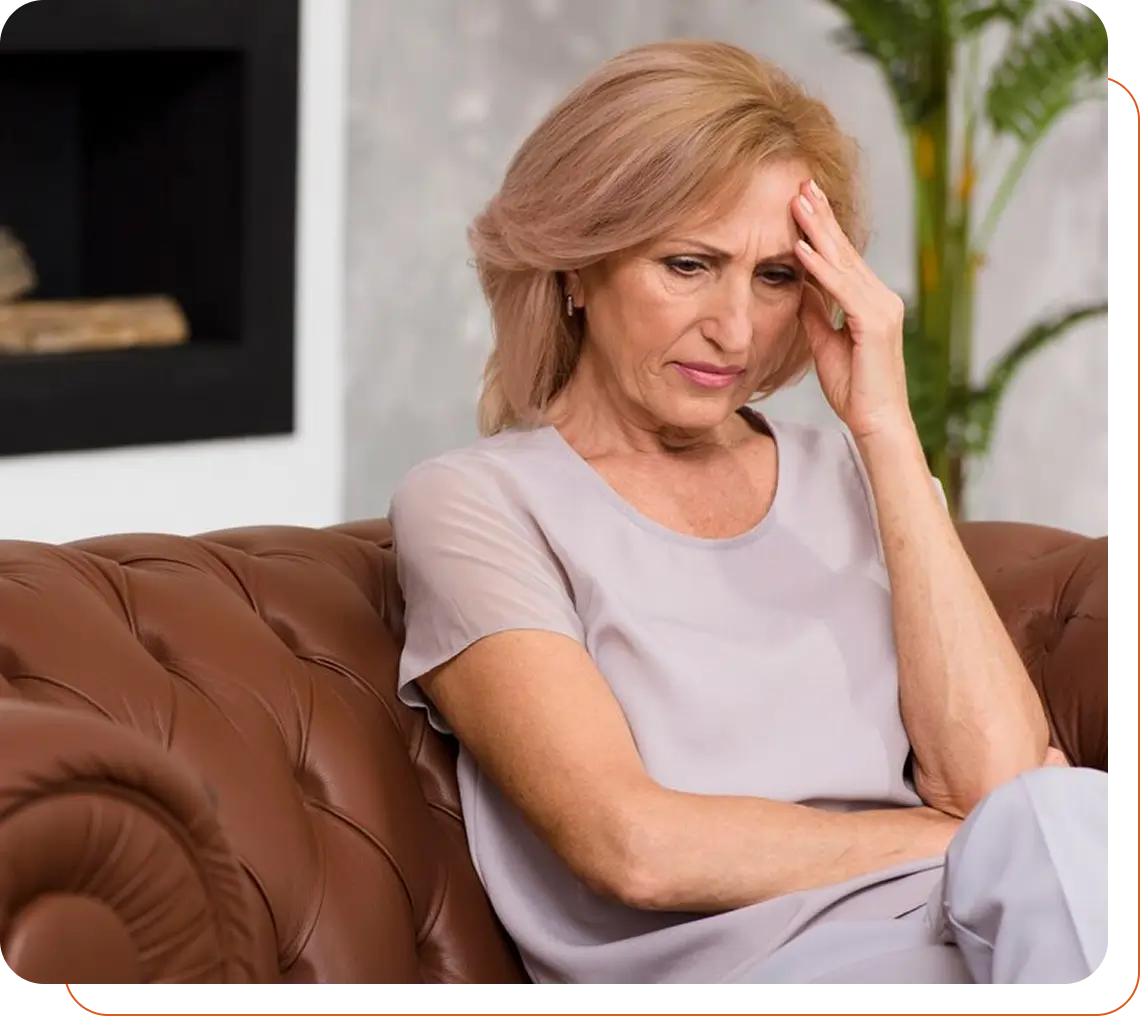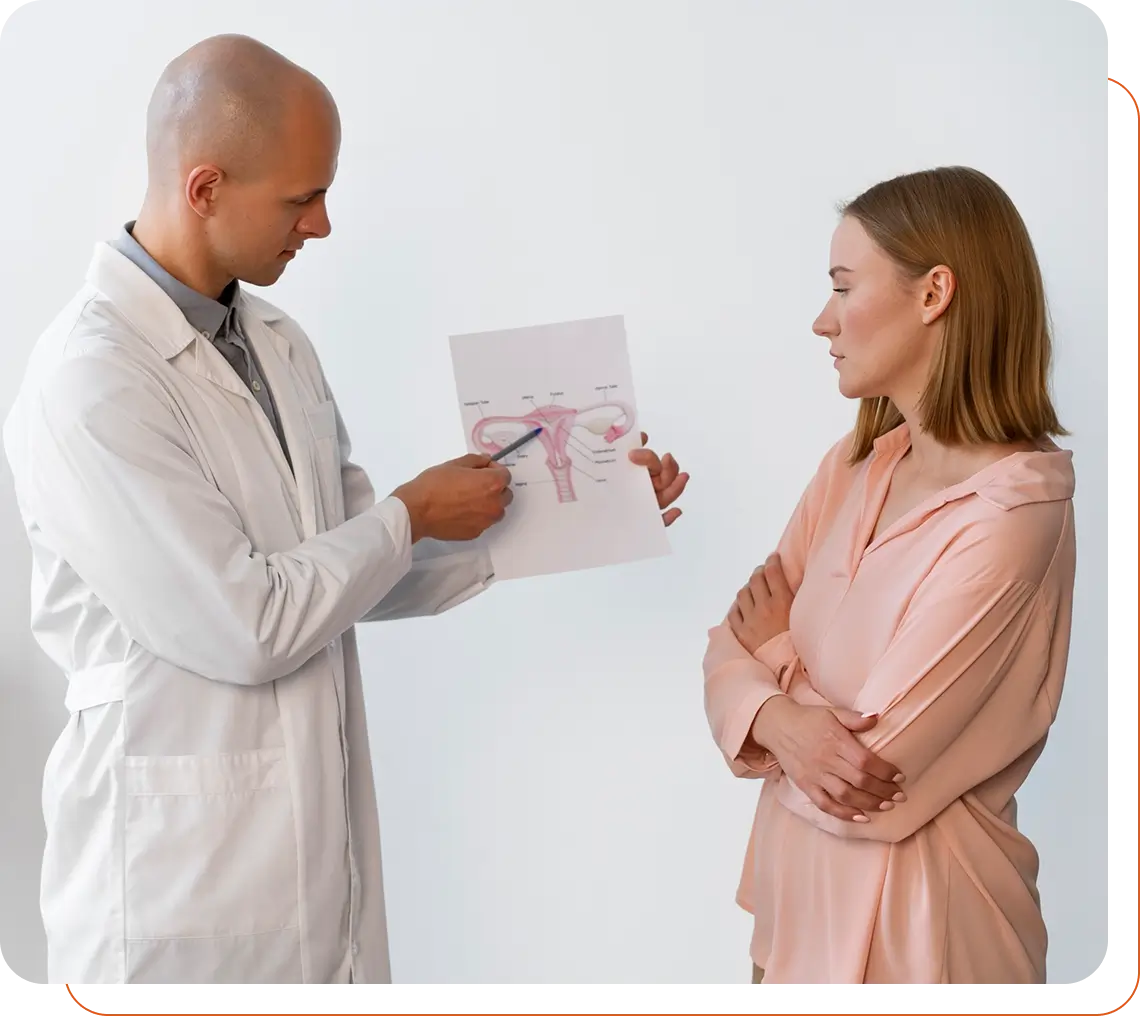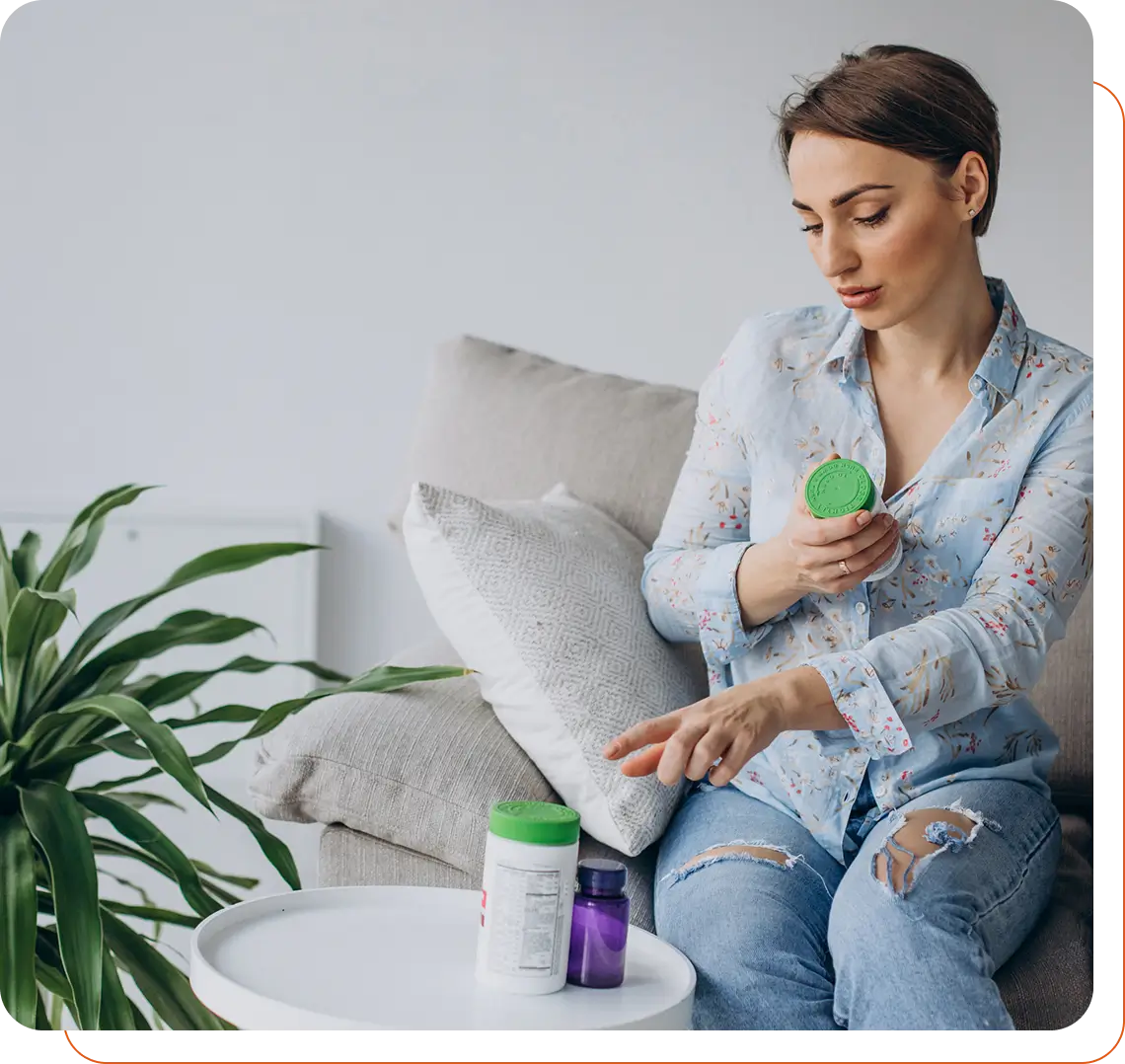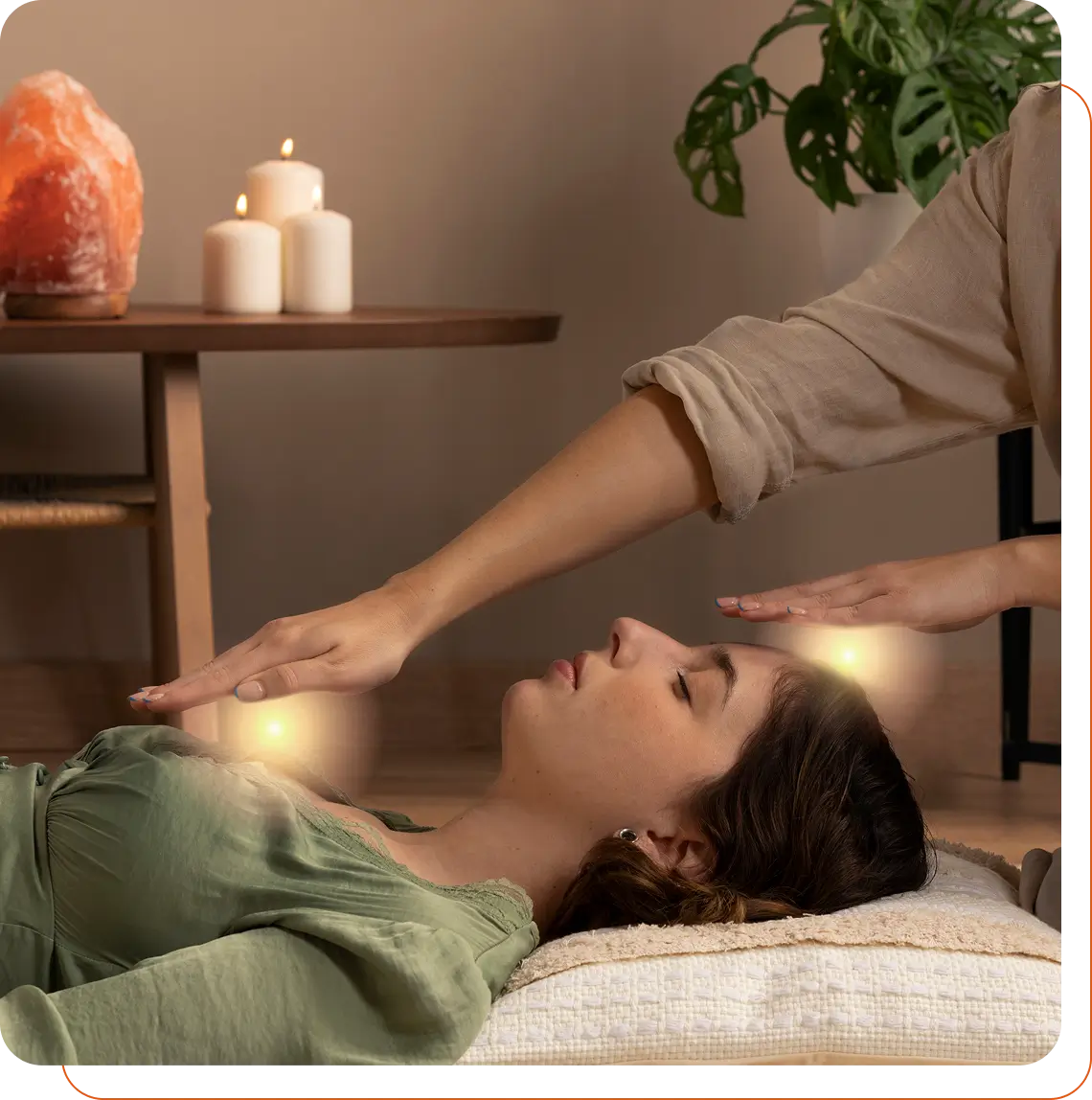Menopause Treatment
Menopause Treatment


What is Menopause?
- Perimenopause: The transitional phase before menopause, marked by irregular periods and fluctuating hormone levels.
- Menopause: The point at which menstruation stops due to a significant decline in estrogen and progesterone production.
- Post-menopause: The years following menopause, where symptoms may persist but generally lessen over time.
Symptoms of Menopause
- Vasomotor Symptoms: Hot flashes, night sweats, and chills.
- Sleep Disturbances: Insomnia or difficulty staying asleep.
- Mood Changes: Irritability, depression, and anxiety.
- Cognitive Symptoms: Memory lapses and difficulty concentrating.
- Urogenital Symptoms: Vaginal dryness, pain during intercourse, and urinary incontinence.
- Physical Changes: Weight gain, thinning hair, and dry skin.
- Bone and Joint Health: Increased risk of osteoporosis and joint stiffness.

Treatment Options for Menopause

Benefits:
- Reduces hot flashes and night sweats.
- Improves vaginal dryness and sexual health.
- Enhances bone density, reducing fracture risk.
Hormone Replacement Therapy (HRT)
Overview:
The most effective treatment for alleviating moderate to severe menopausal symptoms.
- Estrogen : – Essential for women’s reproductive health, estrogen therapy helps manage symptoms of menopause.
- Progesterone : Often combined with estrogen, progesterone helps regulate menstrual cycles, supports sleep quality, and promotes hormonal balance.
- DHEA : A precursor to other hormones, DHEA supports energy levels, immune function and cognitive health.
- Testosterone : Crucial for both men and women, testosterone therapy aids in muscle strength, libido, mood stability, and overall vitality.
- Combination Therapy : Tailored to individual needs, combination HRT blends specific hormones to optimize balance, alleviate symptoms, and enhance overall well-being.
Forms:
Oral pills, transdermal patches, creams, vaginal rings, or injections.
Risks
Slightly increased risk of blood clots, breast cancer, and stroke in certain individuals.

Non-Hormonal Treatments
Medications:
- Antidepressants (SSRIs, SNRIs): For mood changes and vasomotor symptoms.
- Gabapentin: Reduces hot flashes.
- Clonidine: Helps manage hot flashes and night sweats.
- Vaginal Moisturizers and Lubricants: Relieve dryness and discomfort.
Lifestyle Changes:
- Regular exercise and a balanced diet to maintain weight and bone health.
- Stress reduction through yoga, meditation, or counseling.
- Quitting smoking and reducing alcohol intake.

Complementary and Alternative Therapies
Phytoestrogens:
Plant-derived compounds found in soy, flaxseeds, and red clover may mimic estrogen and reduce mild symptoms.
Herbal Supplements:
- Black cohosh: Known to alleviate hot flashes and mood swings.
- Evening primrose oil: May help with hot flashes.
- Dong quai: Traditional remedy for menopause symptoms.
- Note: Always consult a healthcare provider before starting supplements.
Acupuncture and Mindfulness:
Help reduce stress and improve sleep.
Frequently Asked Questions
Treatment begins when symptoms significantly impact daily life or long-term health risks are identified.
Yes, treatment can be tapered off gradually under medical supervision to avoid symptom
recurrence.
While HRT has risks, they are generally low for most healthy women. A healthcare
provider will weigh benefits against potential risks.
Duration varies; some women need short-term relief, while others may continue for
several years.
Symptoms may recur but are often milder over time. Lifestyle changes can help manage
them.
